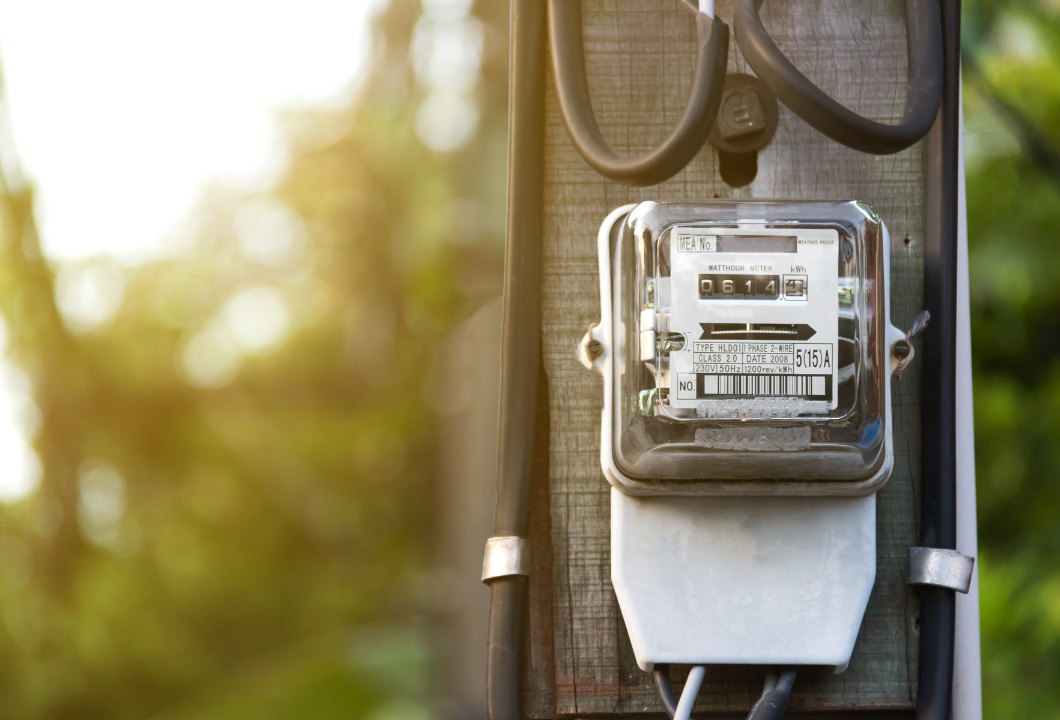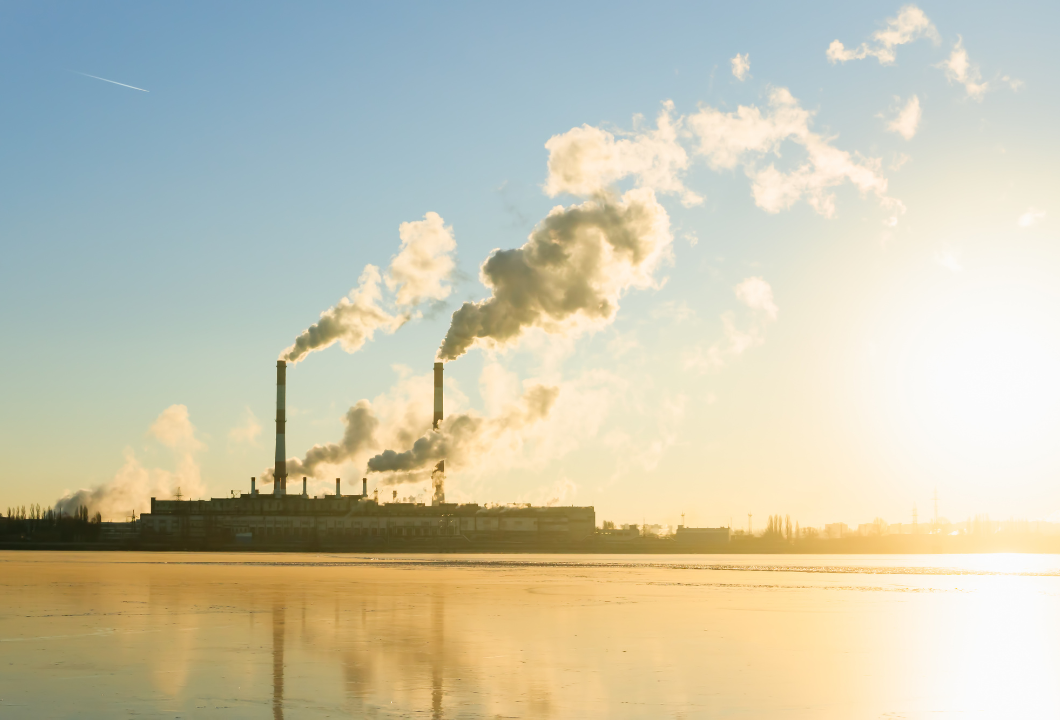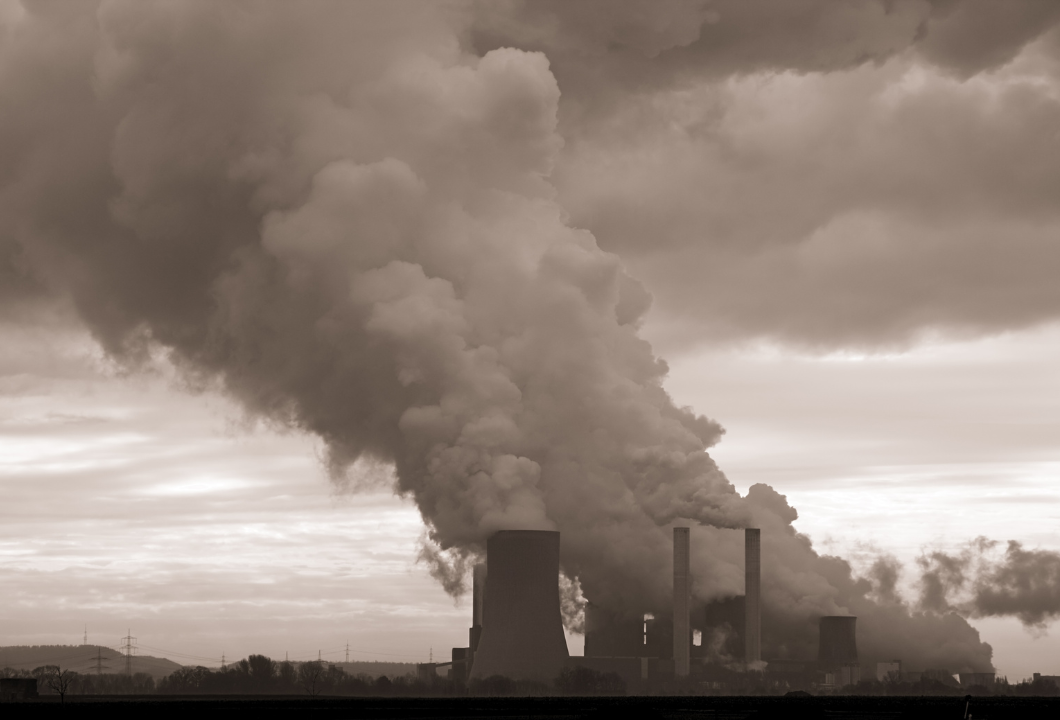
How Many Kilowatt-Hours (kWh) Does a House Use Per Day?
Understanding your household’s energy consumption is essential for managing your electricity usage effectively and making informed decisions about energy efficiency. One of the key metrics used to measure electricity consumption is kilowatt-hours (kWh). In this blog post, we will explore how many kWh a typical house uses per day and discuss factors that can influence this usage.
What is a Kilowatt-Hour (kWh)? Before we dive into the specifics of household energy consumption, let’s clarify what a kilowatt-hour (kWh) actually represents. A kilowatt-hour is a unit of energy that measures the amount of electricity consumed over a specific period. It is equivalent to using one kilowatt (1,000 watts) of power for one hour. It is essential to differentiate between kilowatts (kW), which measure power, and kilowatt-hours (kWh), which measure energy.
Factors Affecting Daily Energy Consumption: Several factors influence the amount of energy a house consumes on a daily basis. Understanding these factors can help you identify areas where you can reduce your energy usage:
Climate and Seasonality: The climate in which you reside plays a significant role in determining energy consumption. Extreme temperatures often lead to increased use of heating or cooling systems, resulting in higher energy usage.
House Size and Layout: The size and layout of your house directly impact energy consumption. Larger houses typically require more energy to heat, cool, and illuminate. The number and types of appliances, as well as the efficiency of insulation, can also affect energy usage.
Appliance Efficiency: The energy efficiency of appliances used in your home significantly impacts daily energy consumption. Older appliances tend to consume more energy than newer, more efficient models. Consider investing in Energy Star-rated appliances to reduce energy usage.
Occupancy and Lifestyle: The number of people living in a house and their daily routines can influence energy consumption. More occupants generally mean increased electricity usage due to lighting, electronics, cooking, and hot water demand.
Average Daily Household Energy Consumption: While the specific kWh usage varies from house to house, estimates can provide a rough idea of what to expect. According to the U.S. Energy Information Administration (EIA), the average U.S. household consumes approximately 30 kWh per day. However, this value can differ significantly based on the factors mentioned earlier.
Monitoring Your Energy Usage: To gain a clearer understanding of your household’s energy consumption, you can use smart meters, energy monitoring devices, or online portals provided by your utility company. These tools allow you to track your usage patterns, identify high-energy-consuming appliances, and make informed decisions to reduce energy waste.
Reducing Energy Consumption: There are several steps you can take to reduce your household’s daily energy consumption:
Upgrade to Energy-Efficient Appliances: Replace outdated appliances with energy-efficient models that carry the Energy Star label.
Practice Energy-Saving Habits: Turn off lights and unplug electronics when not in use. Optimize your heating and cooling settings to reduce unnecessary energy usage.
Insulate Your Home: Improve insulation in your home to reduce heat transfer, minimizing the need for excessive heating or cooling.
Switch to LED Lighting: Replace traditional incandescent bulbs with energy-efficient LED bulbs, which consume significantly less electricity.
Understanding the average daily kWh consumption of a house is a crucial step towards managing your energy usage effectively. By considering factors such as climate, house size, appliance efficiency, and lifestyle, you can take proactive steps to reduce your energy consumption, lower your carbon footprint, and save on utility bills. Remember, small changes can add up to significant energy savings over time. Start implementing energy-saving practices today for a more sustainable future.
Read More Blogs...
Solar Energy and Sustainable Livelihoods
Solar Energy and Sustainable Livelihoods In an era marked by...
Read MoreEmbracing Solar Energy for Climate Resilience: Adapting to Changing Conditions
Embracing Solar Energy for Climate Resilience: Adapting to Changing Conditions...
Read MoreSolar Energy and Humanitarian Aid: Bringing Light to Those in Need
Solar Energy and Humanitarian Aid: Bringing Light to Those in...
Read MoreSolar Energy and Energy Security: Reducing Dependence on Fossil Fuels
Solar Energy and Energy Security: Reducing Dependence on Fossil Fuels...
Read More




